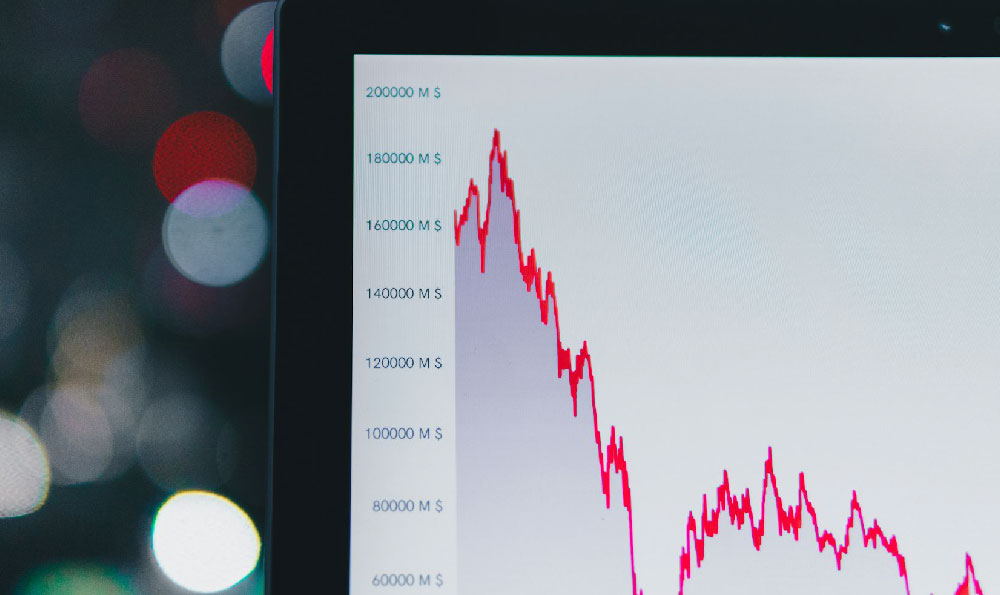Is Bitcoin Cash a worthwhile investment? Or a risky gamble?
Okay, I understand. Here's an article based on the title "Is Bitcoin Cash a worthwhile investment? Or a risky gamble?" designed to be comprehensive, engaging, and to avoid the structural elements you requested.
``` Bitcoin Cash (BCH), a fork of the original Bitcoin blockchain, entered the cryptocurrency landscape with the promise of faster transaction speeds and lower fees. Born from a scaling debate within the Bitcoin community, BCH sought to address the limitations perceived in Bitcoin's block size. While it has carved out a significant presence in the crypto market, the question of whether it represents a sound investment or a high-stakes gamble remains a subject of considerable debate.
To understand the investment potential, one must first grasp the core philosophy behind Bitcoin Cash. Its creation stemmed from a desire to increase the block size limit, allowing for more transactions to be processed per block. Proponents argued that Bitcoin's 1MB block size was hindering its ability to function as a viable medium of exchange for everyday transactions. By increasing the block size to 8MB initially (and subsequently increasing it further), BCH aimed to reduce congestion and lower transaction fees, making it more practical for merchants and consumers alike.

The theoretical benefits are clear: faster and cheaper transactions could lead to wider adoption. Indeed, in its early days, BCH saw a surge in popularity, attracting users who were frustrated with Bitcoin's rising fees and slower confirmation times. Some merchants began accepting BCH, drawn to the promise of cost-effective payments.
However, the reality has been more complex. While BCH has generally maintained lower transaction fees than Bitcoin, it has not achieved the widespread adoption that its proponents initially envisioned. One major factor is the network effect. Bitcoin, as the original cryptocurrency, enjoys a massive head start in terms of recognition, infrastructure, and overall user base. This network effect creates a powerful barrier to entry for alternative cryptocurrencies, including BCH.
Furthermore, the cryptocurrency market is driven by sentiment and speculation, not solely by technological advantages. Bitcoin's brand recognition and perceived scarcity continue to drive its value, even if its underlying technology is not necessarily superior in every aspect. BCH, on the other hand, often struggles to escape Bitcoin's shadow, with its price movements frequently mirroring those of its predecessor.
Another significant risk associated with Bitcoin Cash lies in its development and community dynamics. The BCH community has experienced internal conflicts and forks, creating uncertainty and potentially diluting its long-term value. The "hash wars" of 2018, which resulted in the creation of Bitcoin SV (BSV), demonstrated the potential for disagreements within the BCH community to lead to significant disruptions and losses for investors. This internal fragmentation can erode confidence in the project and make it difficult to attract new developers and users.
Looking at the technological landscape, while BCH addressed the block size issue, other cryptocurrencies have emerged with even more sophisticated solutions for scaling and transaction speed. Layer-2 solutions like the Lightning Network, built on top of Bitcoin, offer the potential for near-instant and virtually free transactions without requiring a hard fork of the main chain. These alternative solutions put pressure on BCH to demonstrate a clear and sustainable competitive advantage.
Moreover, the regulatory environment surrounding cryptocurrencies remains uncertain and can significantly impact the value of digital assets. Changes in regulations, particularly regarding taxation and security classifications, could have a disproportionate impact on smaller cryptocurrencies like BCH, which may lack the resources and influence to navigate complex regulatory landscapes.
Investing in Bitcoin Cash, therefore, requires a careful assessment of its potential benefits and inherent risks. While the promise of faster and cheaper transactions is appealing, the cryptocurrency faces significant challenges in terms of adoption, competition, and community stability.
Before considering an investment in BCH, individuals should conduct thorough research, understand the underlying technology, and assess their own risk tolerance. Diversification is crucial. Don't allocate a significant portion of your investment portfolio to a single cryptocurrency, especially one with a higher risk profile. Think of Bitcoin Cash as a small part of a broader cryptocurrency portfolio, alongside more established coins like Bitcoin and Ethereum, as well as traditional assets.
Consider the liquidity of BCH. Compared to Bitcoin, Bitcoin Cash has lower trading volumes, which can make it more difficult to buy or sell large amounts without affecting the price. This lack of liquidity can increase the risk of losses, particularly during periods of market volatility.
Finally, stay informed about the latest developments in the Bitcoin Cash ecosystem. Monitor news, read analysis from reputable sources, and follow discussions within the community. This will help you make more informed investment decisions and react quickly to any changes that may impact the value of your investment.
In conclusion, Bitcoin Cash is not inherently a "worthwhile investment" or a "risky gamble" in and of itself. It's an asset that demands due diligence. The label depends entirely on your individual investment strategy, risk tolerance, and understanding of the complex cryptocurrency market. Approach it with caution, conduct thorough research, and only invest what you can afford to lose. The cryptocurrency market is volatile and unpredictable, and even the most promising projects can face unexpected challenges. Prudence and a well-defined investment strategy are essential for navigating the risks and potentially reaping the rewards of Bitcoin Cash, or any other cryptocurrency investment. ```















